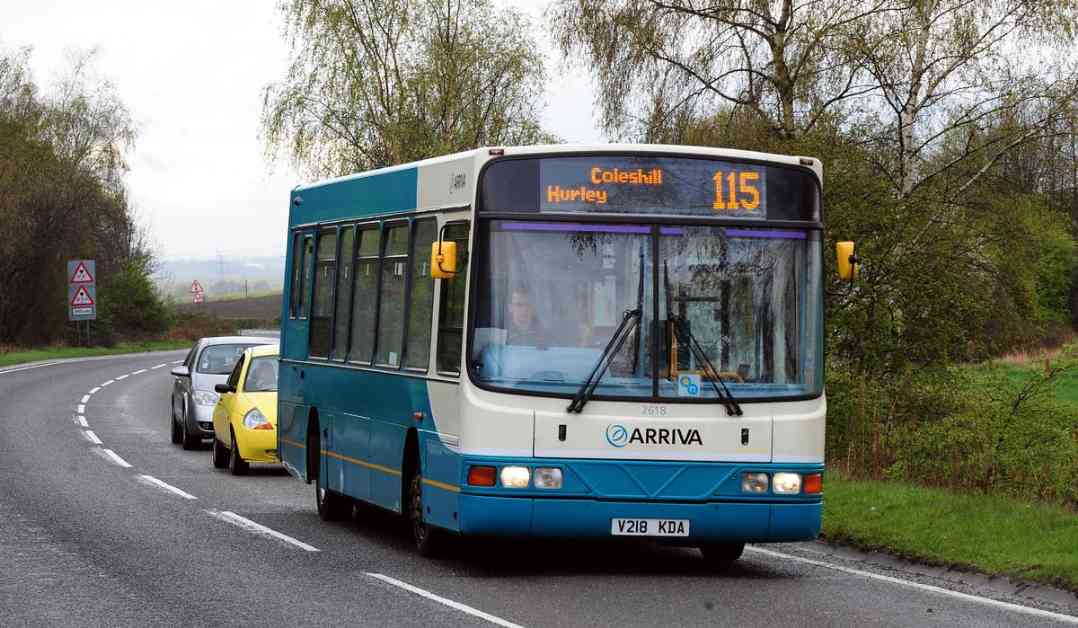The recent 50 per cent increase in bus fares, from £2 to £3, has sparked controversy and concern among working commuters who rely on public transportation to get to work. According to new analysis by the Lib Dems, this fare hike is equivalent to a 1p income tax rise for many working individuals.
This increase in bus fares has been portrayed as a challenge to Chancellor Rachel Reeves’s assertion that she was safeguarding the interests of “working people” in her recent Budget announcement. The lack of a clear definition of who qualifies as “working people” has led to debates about the impact of freezing income tax, VAT, and national insurance rates.
The Lib Dems are urging for the reversal of this 50 per cent fare increase, claiming that the average commuter who uses the bus daily for work would face an additional cost of £448 per year. This amount is comparable to paying 9 per cent more than the income tax paid by a median earner on a salary of £37,430 annually.
In response to these claims, Environment spokesperson Tim Farron MP criticized the government’s decision, labeling it as a burden on individuals, particularly those in rural areas and with lower incomes. He argued that this increase in bus fares would only add to the financial strain faced by many due to the economic policies of the Conservatives.
On the other hand, the Department for Transport has refuted these figures, attributing the need for fare increases to a supposed £22 billion deficit left by the previous Tory government in public finances. They emphasized that the previous £2 fare cap was only funded until the end of this year, necessitating adjustments to ensure the sustainability of public transportation services.
It was revealed that Transport Secretary Louise Haigh played a crucial role in negotiating a £3 fare cap to prevent exorbitant price hikes, with some tickets potentially increasing by 650 per cent to £15. The Department for Transport assured the public that fare increases would be in line with inflation, and the £3 bus fare cap would lead to significant savings on certain routes, maintaining affordability for bus passengers nationwide.
The ongoing debate surrounding bus fare hikes highlights the complex interplay between government policies, public finances, and the everyday lives of working individuals who rely on public transportation. As discussions continue, it remains essential to consider the broader implications of such decisions on commuters and the overall accessibility of transportation services.












